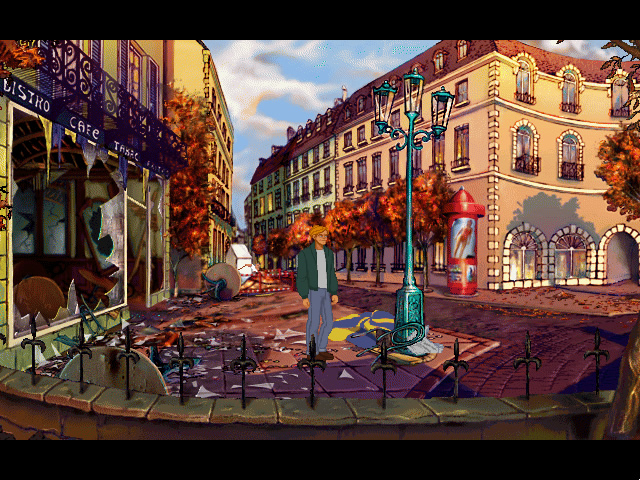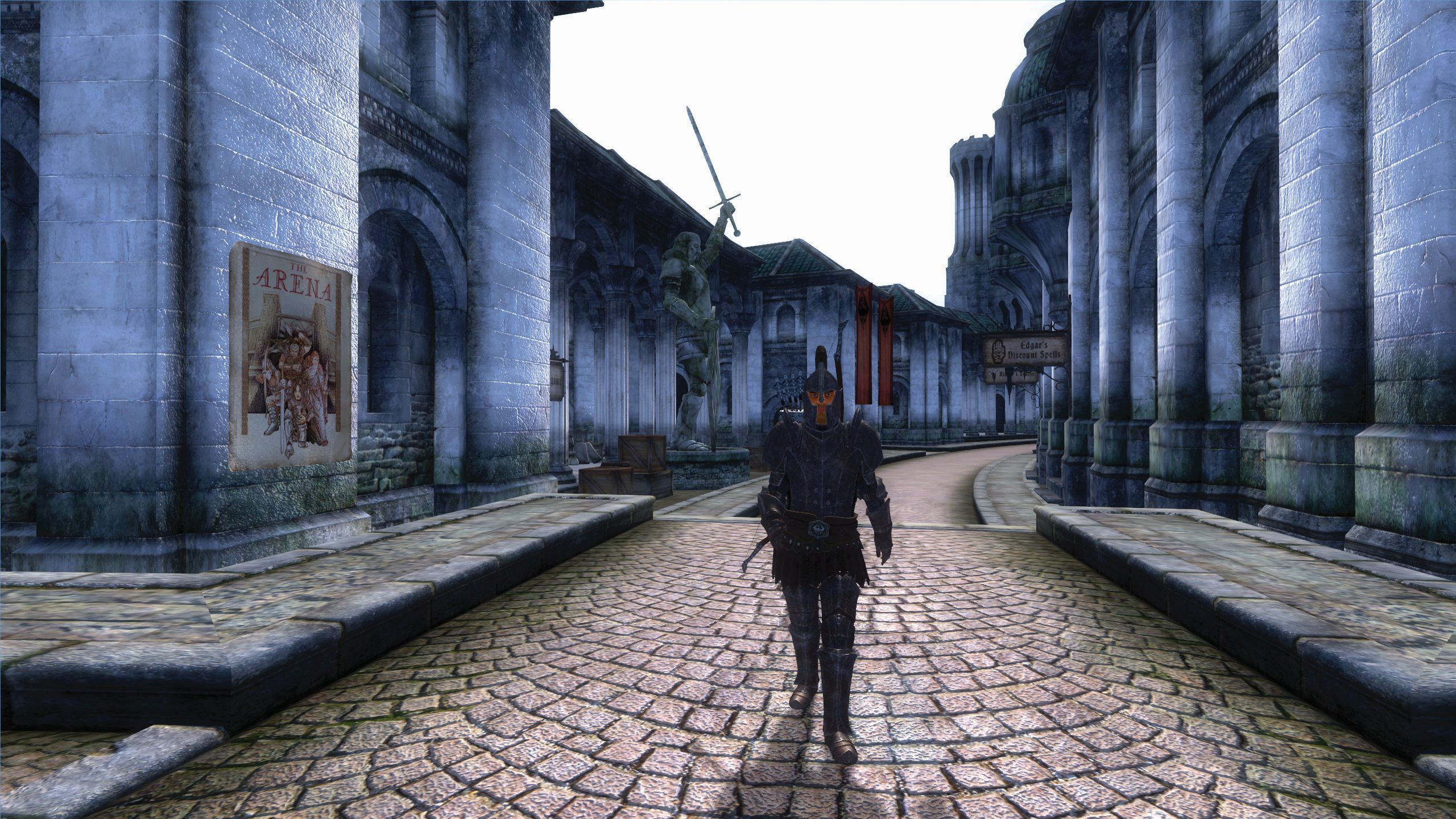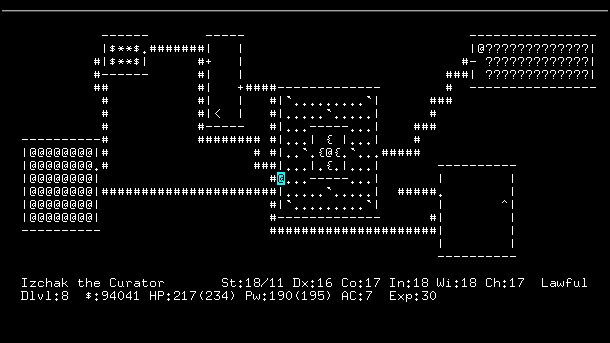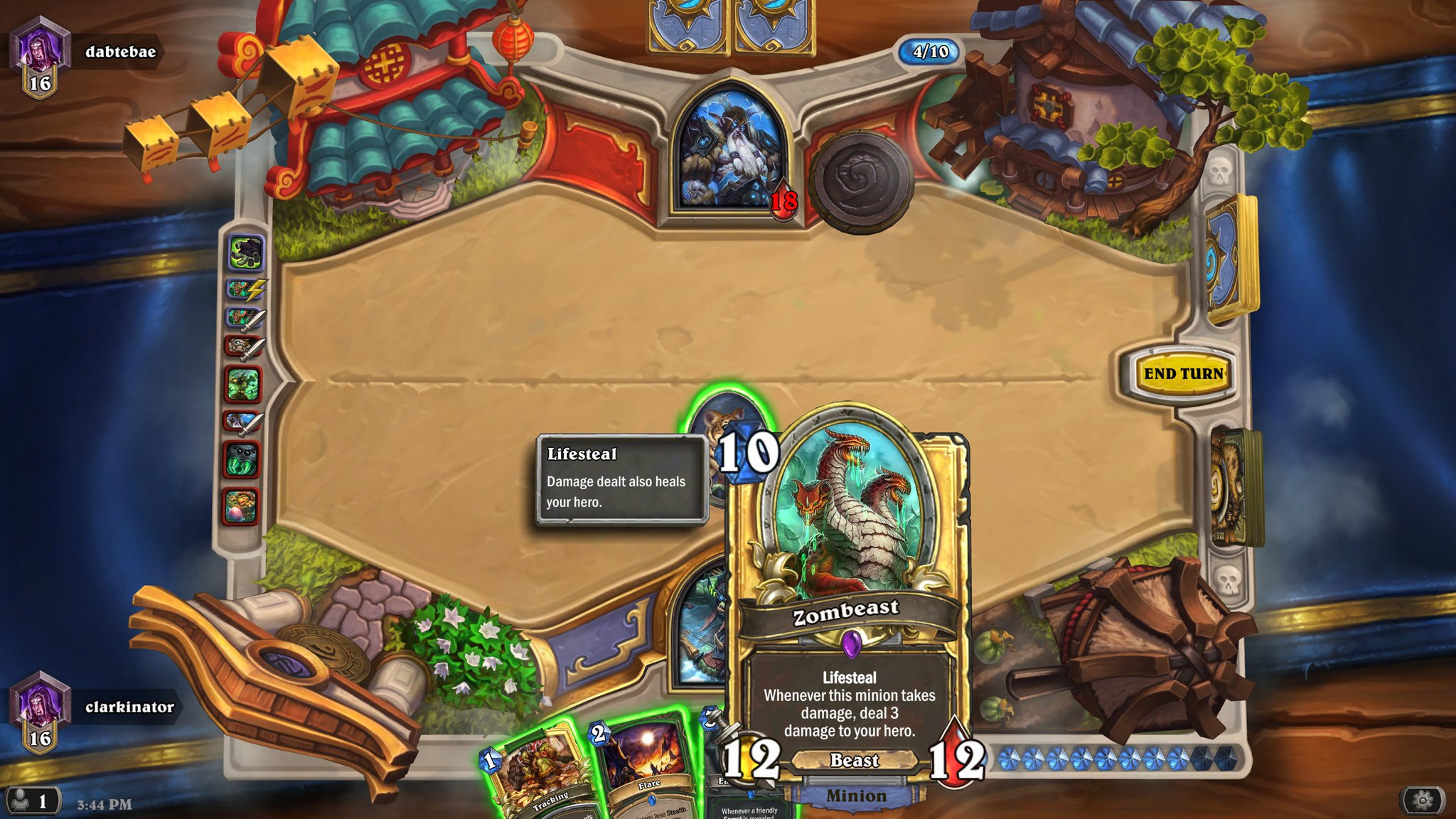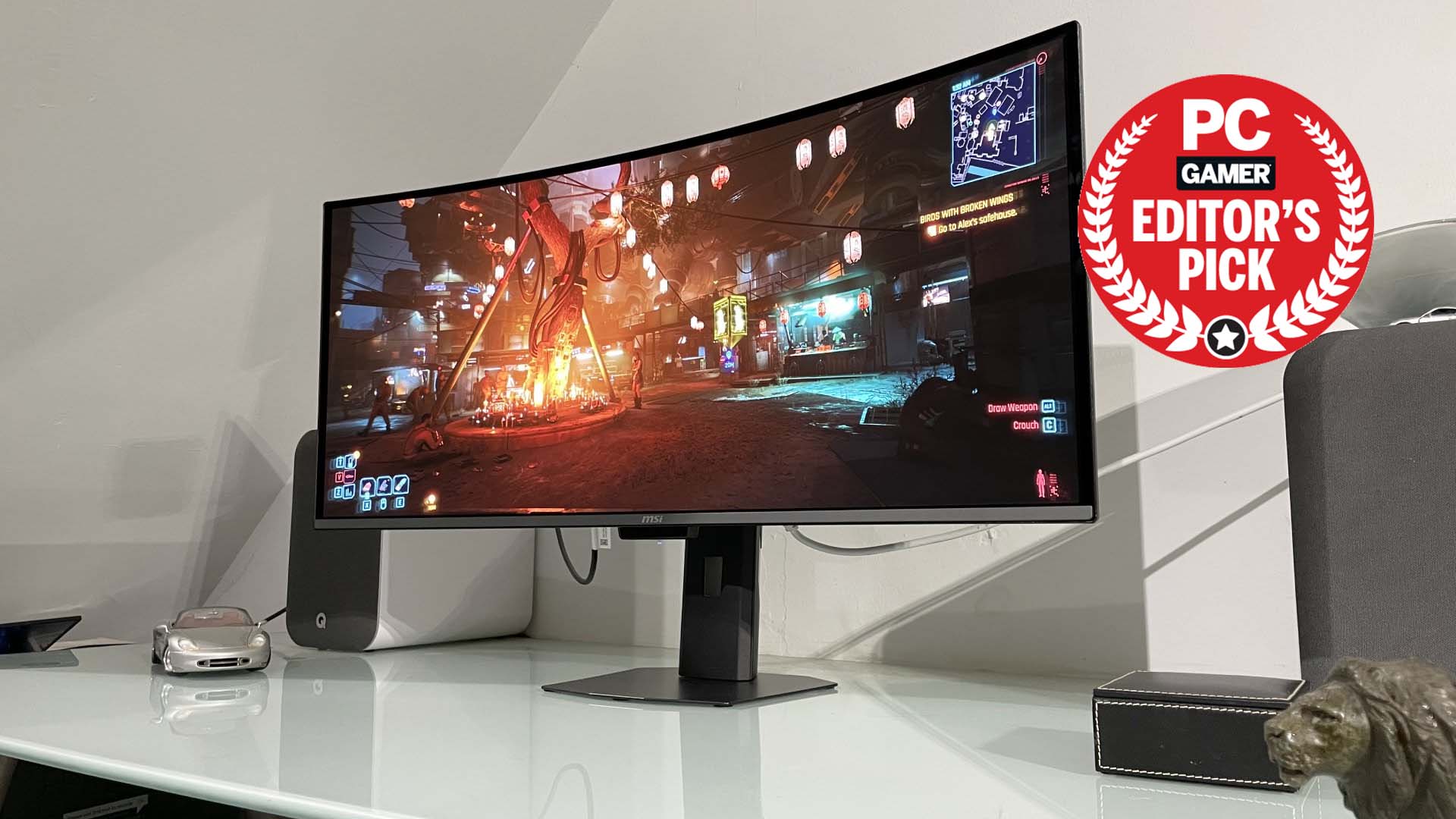Every week, we ask our panel of PC Gamer writers a question about PC gaming. This week: which old PC game do you revisit regularly? We also welcome your answers in the comments.
James Davenport: Portal/Portal 2
I can't count the times I've played through Portal and Portal 2. With over 100 hours clocked in each, I'm an amateur speedrunner at this point. I treat every puzzle like a choreographed dance, a nearly unconscious performance that to any observer unfamiliar with the series makes me look like the master of all time and space. Because the Portal series is a game about momentum—you're always anticipating the resulting arc of a 'toss' of your body after leaping from a given height far above one portal—it's become my new way to skip rocks without a pond. Except these rocks tell jokes. And the rocks are always funny.
Andy Kelly: Broken Sword
I've replayed the first Broken Sword more than any other game. There's an element of nostalgia to it, as it was one of the first games I really loved. But it's also a great adventure game in its own right, with an atmosphere you can get lost in and a genuinely funny script. There are TV shows and films I watch repeatedly because there's something comforting about the familiarity, and Broken Sword is the videogame equivalent of that for me. I know all the puzzle solutions, but I still enjoy reliving that mystery and travelling the world as amateur detective George Stobbart.
Chris Livingston: The Elder Scrolls IV: Oblivion
I still jump into Oblivion a few times a year. When I do it's often for a specific reason, like to test a mod or write a quick diary for the site (like finding the ugliest NPC or trying to poison everyone with apples) but I always stay a while longer since I still enjoy the game and the world. It's the first Bethesda RPG I ever played, and while it's not much in the looks department (and never really was) it's still one of the best examples of a free and open world where you can do whatever you like, be whoever you want, and tell your own stories.
Tyler Wilde: Quake II
I've played hundreds of hours of Quake 2 multiplayer—CTF, Action Quake 2, Rocket Arena—but I don't think I've ever finished the campaign. Even so, at least once a year I spend an hour getting Quake 2 to launch without crashing to play through the first level. I think I just like hearing the sound effects, which deserve credit for how weird they are. They Quake 2 blaster doesn't sound like any other game's energy pistol, picking up armor sounds like someone chomping down on a bunch of screws, and the Strogg are just bizarre—clipped, blown out, grossly-distorted. The way unique scents can bring back memories, these sound effects do it for me. Now please enjoy a song someone tried to make using the echoey menu sound effects.
Wes Fenlon: NetHack
On-and-off for the past year I've been playing NetHack, which was first released in 1987. NetHack is actually older than me, although it's been updated as recently as 2015. I can't claim nostalgia, here, or some deep childhood bond with roguelikes. I never played Rogue and only played NetHack for the first time a couple years ago. But it's now a regular part of my gaming life, and even when I take breaks from it I'm thinking about my last run. What kind of scrolls I could've written if my blessed magic marker hadn't run out of juice; how unlucky I got rubbing a lamp and spawning a genie who didn't give me a wish; how lucky I was to find an adventurer's corpse wearing dragon scale mail, a key piece of armor that can reflect instakill magic attacks. I've never beaten NetHack, and I don't know if I ever will, but when I play I'm constantly in awe of how broad and deep it is. Last time my pet cat got turned into a magic brain-sucking floating jellyfish, and then turned into a chameleon. NetHack is weird.
Tim Clark: Hearthstone (obviously)
To the surprise of nobody, I play varying amounts of Hearthstone every single day, and have done for three years. During the doldrums between expansions, I just log in and crank out the daily quest to keep my in-game Gold top. But when a new set launches, and I've got a deck I'm really feeling on the go, I might play for as much as a couple of hours a day. The thing with any mulitplayer game, though, is that I feel the serotonin rush of winning acutely, so I find myself Jonesing for that buzz if I stop playing. Equally, the tilt from losing what can feel like unfairly can really sour my mood. So for both reasons I end up rationing my play in a way that I wouldn't with a big single-player game like The Witcher III. Right now I can't envisage a time when I ever stop playing it completely though. Which is both comforting and kinda scary.
Keep up to date with the most important stories and the best deals, as picked by the PC Gamer team.
Samuel Roberts: Shadows of the Empire
I put Shadows of the Empire in my list of the worst Star Wars games a few months ago, and I'm still sure that was the right call. You sometimes have this weird thing as a critic where something you like is clearly not very good, and you have to call it as such, even if you've got a real soft spot for it personally. This is one of those games. Shadows of the Empire is obviously a pretty bad third-person shooter that made slightly more sense on the N64, and yet I've played the PC version so many times. I'm not sure I could recommend it to anyone but those who played it at the time, though.
I still love it. I played it yesterday, and the opening Battle of Hoth level is still one of the best ever put in a game—and there have been a whole bunch of them now across consoles and PC, almost all of which look better than this. The sound and feel of everything, from the scale of the walkers to the way snowspeeders handle, just feels spot on. On foot, Shadows of the Empire is never as good, but for a Star Wars-starved '90s, playing an original story set between Episodes V and VI was a treat, even if Dash Rendar is a mildly ludicrous figure. I even had the Micro Machines set.
The collective PC Gamer editorial team worked together to write this article. PC Gamer is the global authority on PC games—starting in 1993 with the magazine, and then in 2010 with this website you're currently reading. We have writers across the US, UK and Australia, who you can read about here.

